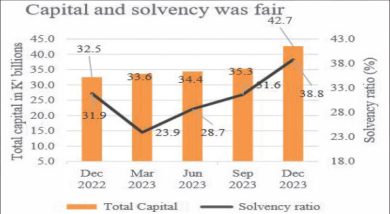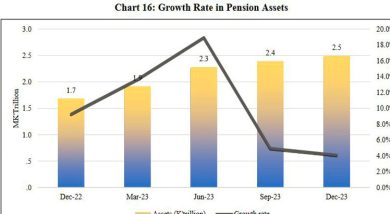Digitisation key to economy amid Covid-19—Word Bank
The World Bank says digital technologies present an opportunity for Malawi and other African economies to ensure continuity of activities across governments, businesses and society during the Covid-19 pandemic era.
In its 2021 edition of African Pulse, the Bretton Woods institution says that Covid-19 has accelerated the insertion of digital tools and solutions into different tasks and sectors of economic activity.

The report says the rising adoption of digital technologies and greater connectivity has led to the emergence of new activities and new modalities for conducting existing work.
The report titled The Future of Work in Africa: Emerging Trends in Digital Technology Adoption says reforms that address digital infrastructure gaps and make the digital economy more inclusive, ensuring affordability and building skills for all segments of society, are essential to improve connectivity, boost digital technology adoption, and generate more and better jobs.
Employers Consultative Association of Malawi executive director George Khaki was yet to respond to our questionnaire by press time.
But in an earlier interview he admitted that technology has changed work delivery mode.
He said: “We all have seen the impact of Coivd-19 driving businesses to think outside the box to ensure business survival.
“In the medium-term, we appreciate that it may be hard to adjust from the current set of skills to new skills; hence, we need to come up with social security plan to cushion job losses, for instance, introducing unemployment benefits.”
The World Bank notes that uptake of digital technologies among African firms remains low despite clear benefits.
It attributes the low uptake to the lack of Internet-enabled devices, high prices of Internet services, smartphones and mobile data as well as lack of awareness of and skills for using digital technologies.
Meanwhile, Malawi, through the National Planning Commission has drafted the Malawi Digital Economy Strategy, which seeks to increase network access for Internet usage to 80 percent of the population from the current 13.8 percent.
In the strategy, the Malawi Government acknowledges that affordability is the largest barrier to uptake of Internet services but access to Internet forms part of United Nation’s Sustainable Development Goals and is also in line with the Malawi 2063 (MW2063) agenda.





